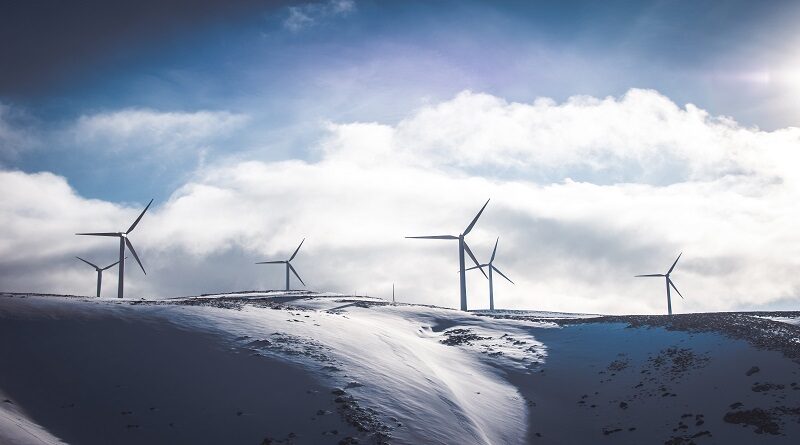Postgraduate courses in Environmental Science
The world of environmental science is not just broad but it is also very interesting. There are so many things to learn about the world around us, the changes it faces on a daily basis, the damage caused and the things humans can do going forward to look after our environment and the species within it.
If it’s an area of your interest then you are in luck because there are plenty of postgraduate courses to choose from.
What is Environmental Science?
Environmental science is a field of science that integrates physical, biological and information science used to study the environment and solutions of environmental problems.
Environmental science enlightens us on how to conserve our environment in the face of increasing human population growth as well as anthropogenic activities that affect natural resources and the ecosystem.
What do environmental scientists do?
Environmental scientists gather samples and observational data in order to carry out tests in a lab. They use their knowledge to protect the environment and human health. Usual responsibilities may include:
- Deciding data collection methods
- Conducting surveys
- Collecting data
- Examine data and identify possible pollution
- Prepare detailed scientific reports
- Communicate with senior scientists
- Create plans to minimize environmental issues
- Carry out testing on soil, water and air
Courses
There are a range of courses in environmental science that cover a broad area of expertise. Some courses allow the option to study either full time or part time. Examples of courses are available are:
Applied Wildlife Conservation
Those who take a course in applied wildlife conservation will gain the skills needed to work in Geographical Information Systems (GIS) software, research skills, communication skills and will give students a good chance of being employed in areas such as biology, environmental consultancy and conservation education.
Environmental Science
A general environmental science course will focus on climate change and, sometimes, ecology. Key focuses will be how climate changes over time, the reasons behind the changes and how it has shaped evolution. The ecology section of these courses looks at everything from microbes to elephants.
Conservation Biology
A course in conservation biology focuses on genetics, animal behaviour, ecology and conservation biology. These courses involve extensive field work, laboratory experiments and mathematical modelling. Depending on the course, there may also be interest in topics such as endangered species.
Entry requirements
Entry requirements can change from course to course. In most cases, a 2.2 honours degree is required in environmental science or a related field such as environmental bioscience or environmental engineering. Some courses may require a 2.1 degree.
Job options
Some job options with this postgraduate degree are:
- Environmental scientist
- Medical researcher
- Lecturer
Potential employers
Examples of where you may be hired are:
- Environmental consultancies
- Wildlife conservation groups
- Manufacturing organisations
- Local Governments
- Universities
Salary Expectation
The average salary of an environmental scientist in the UK is £26,544. Salary can differ depending on experience and seniority of the position. If you take the education route, the average salary of a senior lecturer is £43,267 to £58,089. As a medical researcher, you can earn up to £75,000 with experience at senior level.
Skills and Requirements
- Strong communication skills
- Work well with others
- Critical thinker
- Analytical and data collecting skills
- Innovation
- Understand statistics
- An investigative mind
- Problem solver




